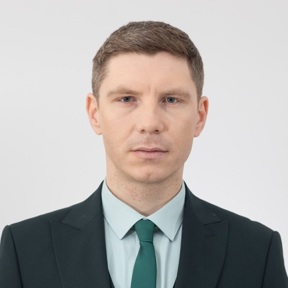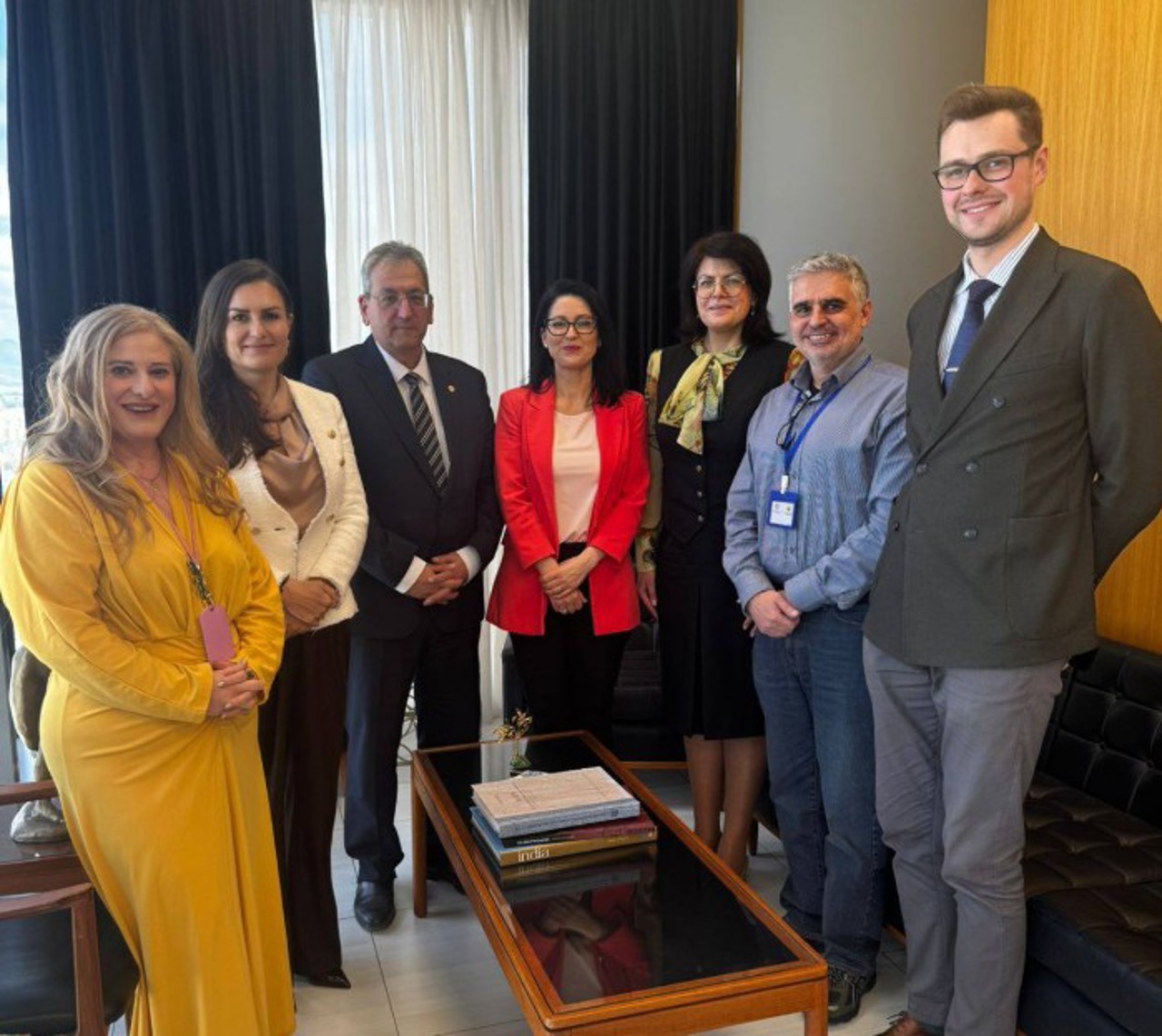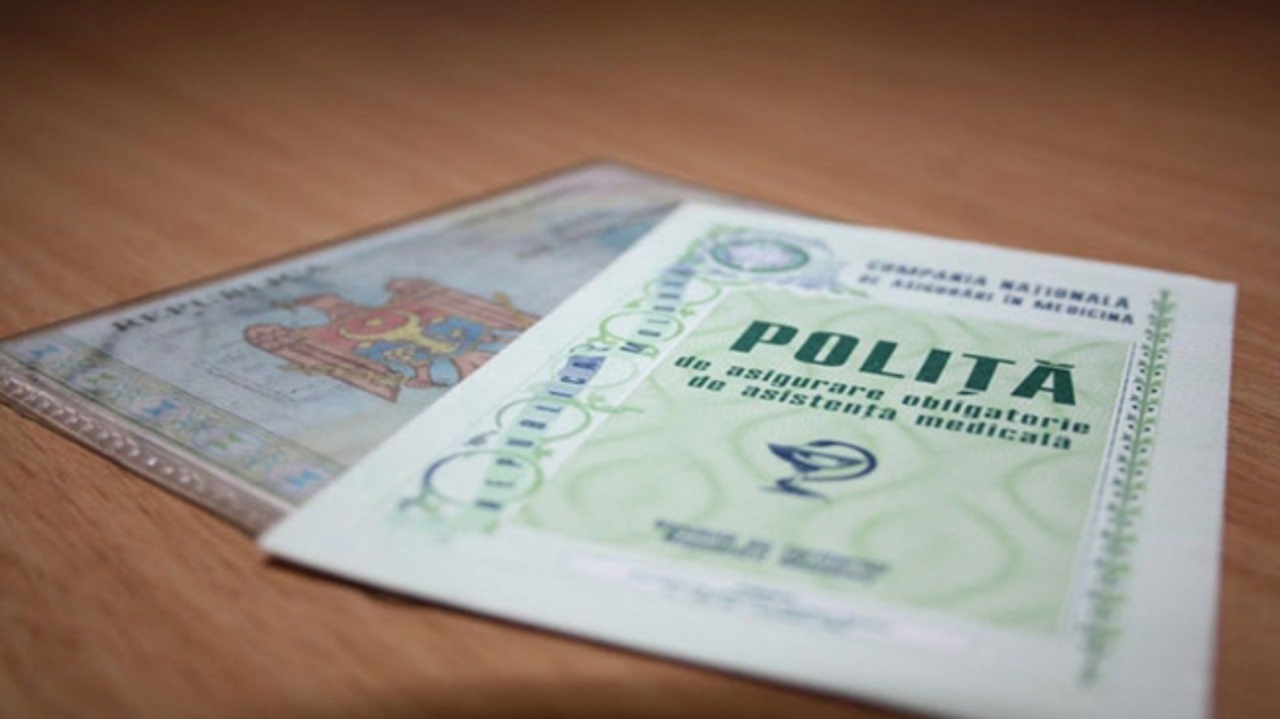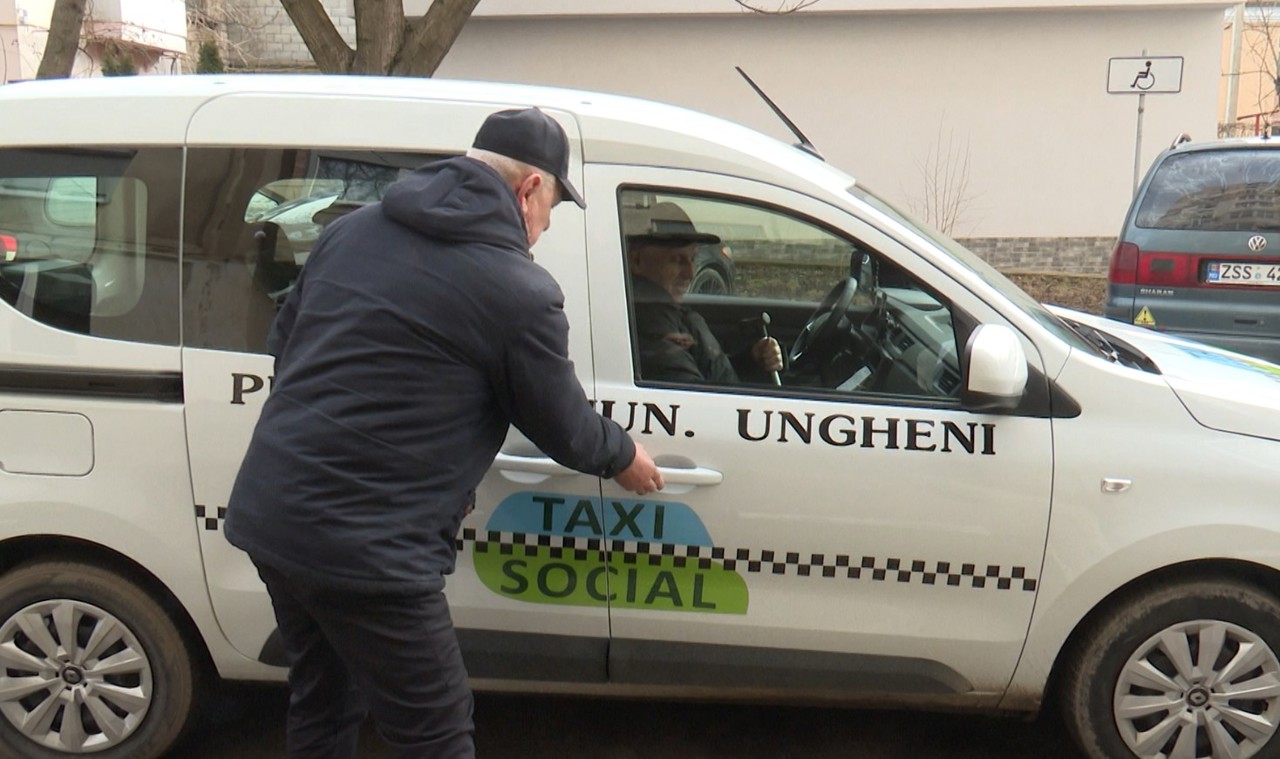Sandu's re-election bid and proposed referendum
Moldova's political landscape has been ignited by President Maia Sandu's announcement of her re-election bid, coupled with a proposed national referendum on the nation's European integration aspirations.
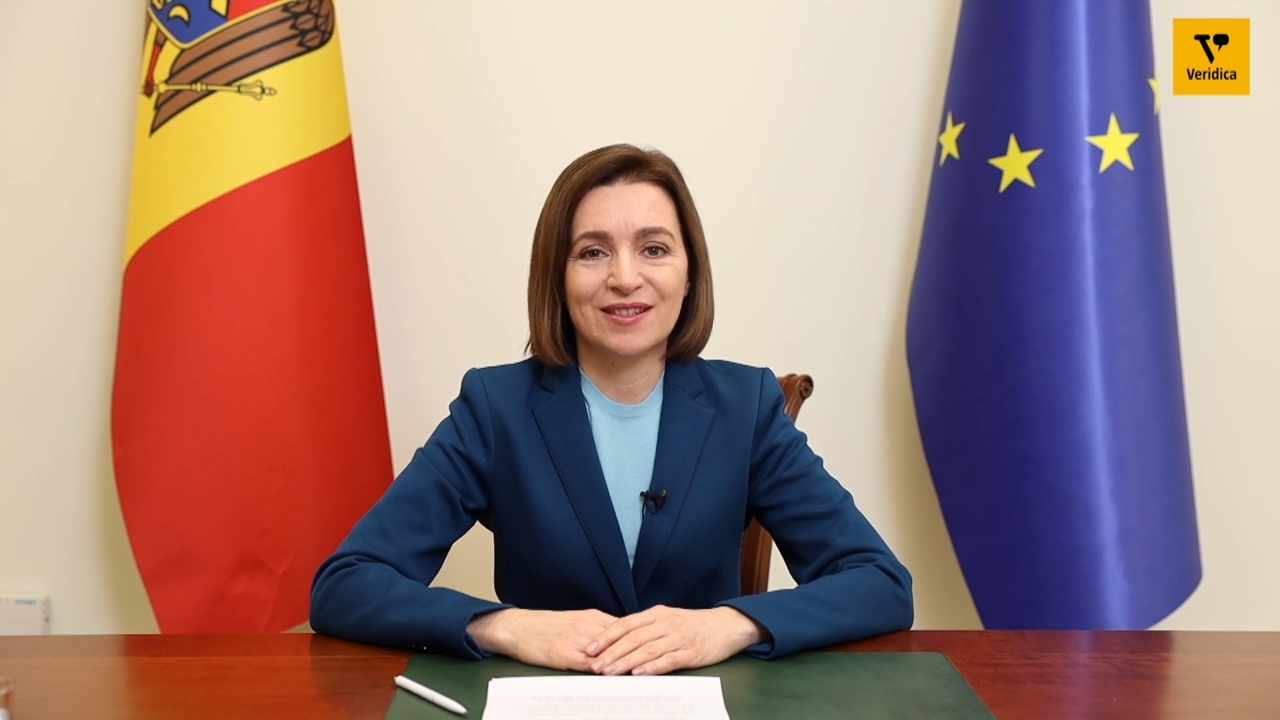
This audacious move has thrust the country's future onto the centre stage of public discourse, sparking lively debate surrounding both Sandu's continued leadership and the direction of Moldova's political alignment.
Sandu, whose term expires in December 2024, frames the referendum as a pivotal moment for citizen empowerment, stating, "The Moldovan people will decide this autumn whether to embrace the future with European integration or remain tethered to the past." This rhetoric reflects her unwavering commitment to aligning Moldova with the West, a vision further underscored by her assertion that the nation has "endured years of blackmail" and languished in a "geopolitical grey area."
However, the logistical intricacies of the referendum remain a point of contention. While Sandu envisions the vote taking place alongside the autumn presidential election, legal experts like Alexandru Berlinschi, Secretary of the Central Electoral Commission, argue against such a confluence. The Electoral Code, amended since the last concurrent vote in 2019, currently prohibits the overlap of presidential and parliamentary elections with other ballots. Nevertheless, MEP Veronica Rosca, affiliated with Sandu's Party of Action and Solidarity (PAS), contends that the Constitution only forbids the simultaneous scheduling of presidential and parliamentary elections, leaving the door open for a concurrent referendum.
Beyond the procedural complexities, the potential referendum itself carries immense weight. Moldova finds itself precariously balanced between Western aspirations and historical ties to Russia. This delicate equilibrium was recently disrupted by Putin's move to expedite Russian citizenship for Moldovans, a decision Sandu vehemently condemned, stating, "The Kremlin seeks cannon fodder for its unjust war, but Moldovans will not be sacrificed."
Furthermore, Sandu cautions that the international context adds another layer of urgency to the referendum, highlighting the upcoming elections in both the US and Europe in 2024. "If left unchecked," she warns, "Putin will not stop." This stark perspective elevates the national vote from a domestic issue to a potential turning point with broader geopolitical implications.
Moldova stands at a critical juncture. The upcoming presidential election and the potential European integration referendum will be defining moments, forcing the nation to grapple with its trajectory. Whether it chooses closer ties with the West, maintains its current precarious neutrality, or even contemplates a rapprochement with Russia, the path Moldova chooses in the coming months will shape its destiny for years to come.
Translation by Iurie Tataru
